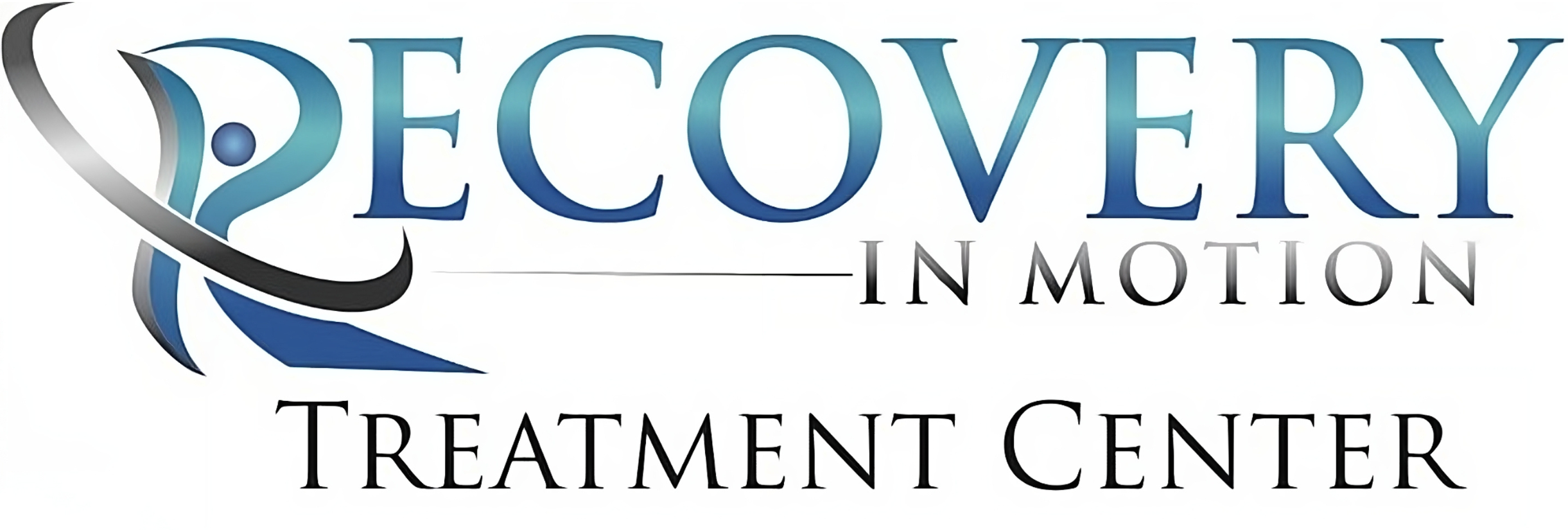Is Traveling for Treatment my Best Option?
When you’re looking to get treatment for drug addiction or alcoholism there are many options you are likely to face. One of these options is traveling. When faced with the subject its sometimes common to think is traveling for treatment my best option or should I stay in my home state? Traveling for Treatment from […]
Myths About Alcoholism Recovery Debunked
Deciding to become sober is a huge decision and choosing a recovery center is an important life-impacting decision. With so many misconceptions, stereotypes, stigma, and myths that surround alcohol addiction and recovery, research is necessary. Despite the many myths about addiction that exist, lots of people choose recovery and lots of people are successful in […]
Things to Look forward to in Recovery
Living up sobriety


